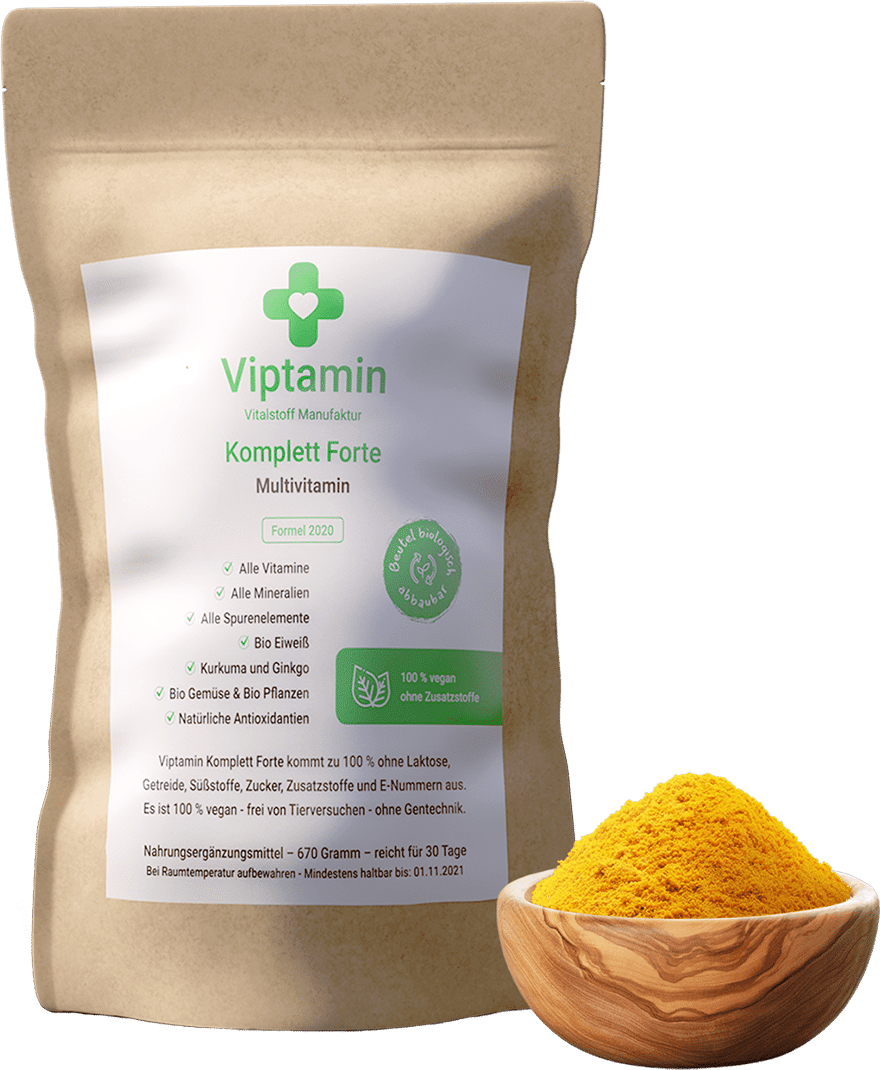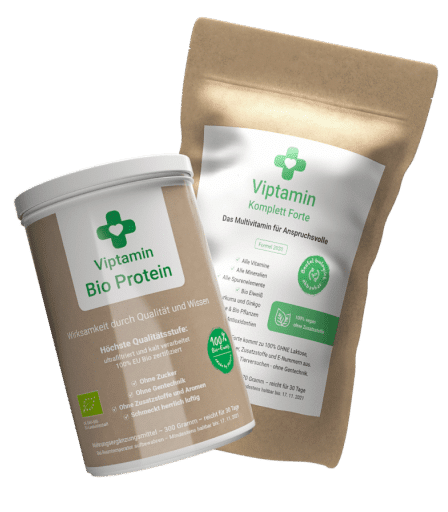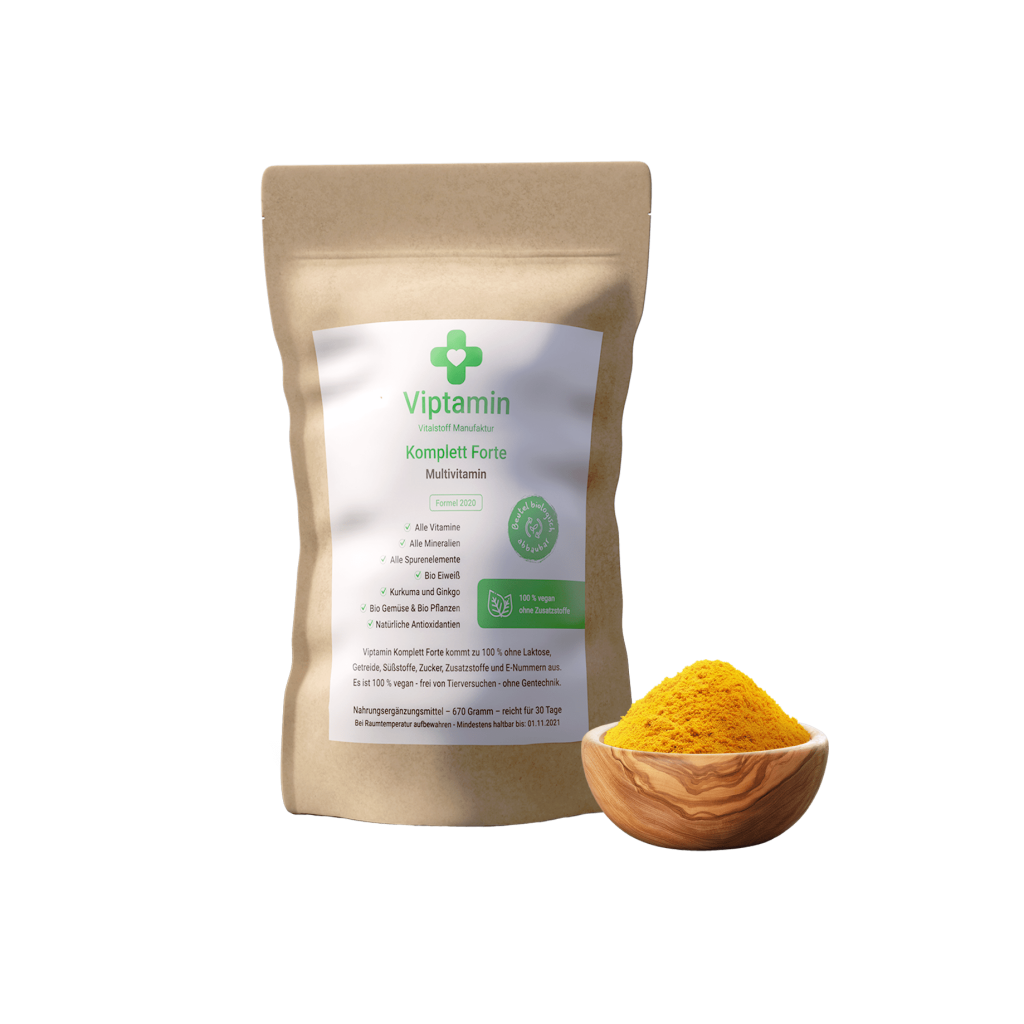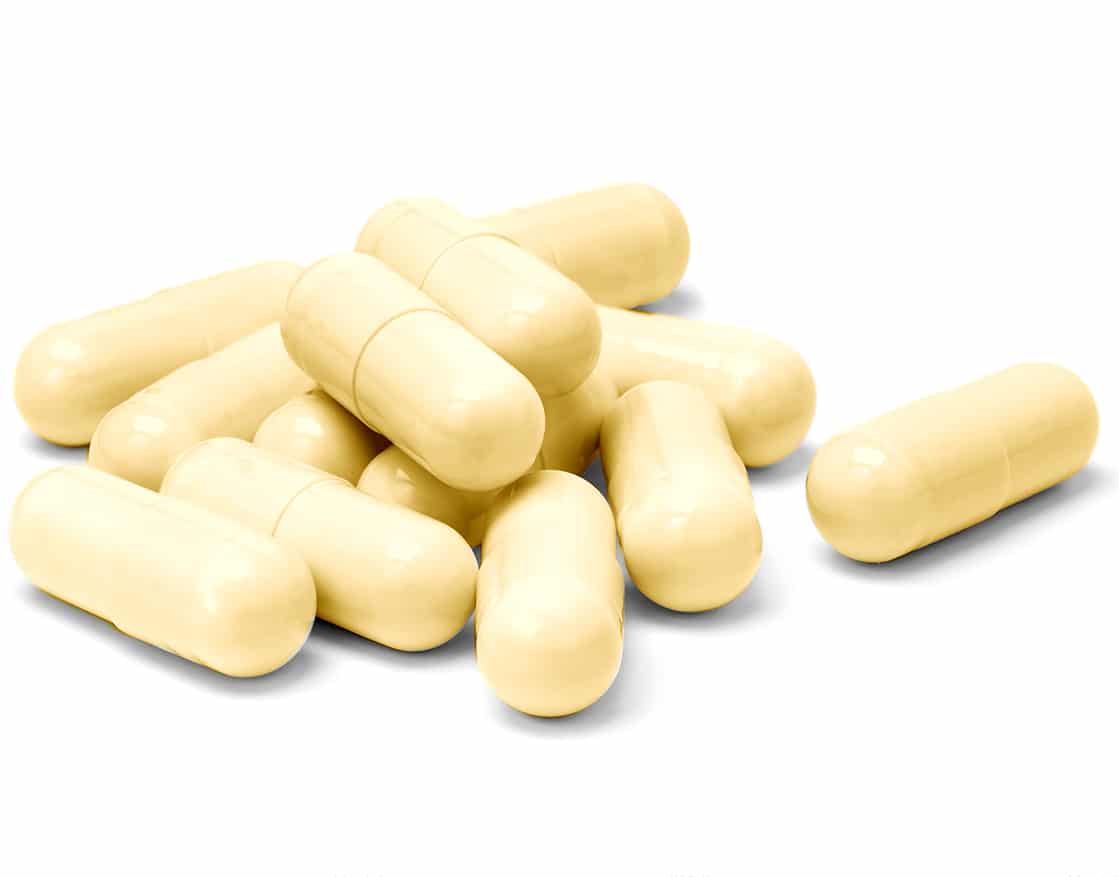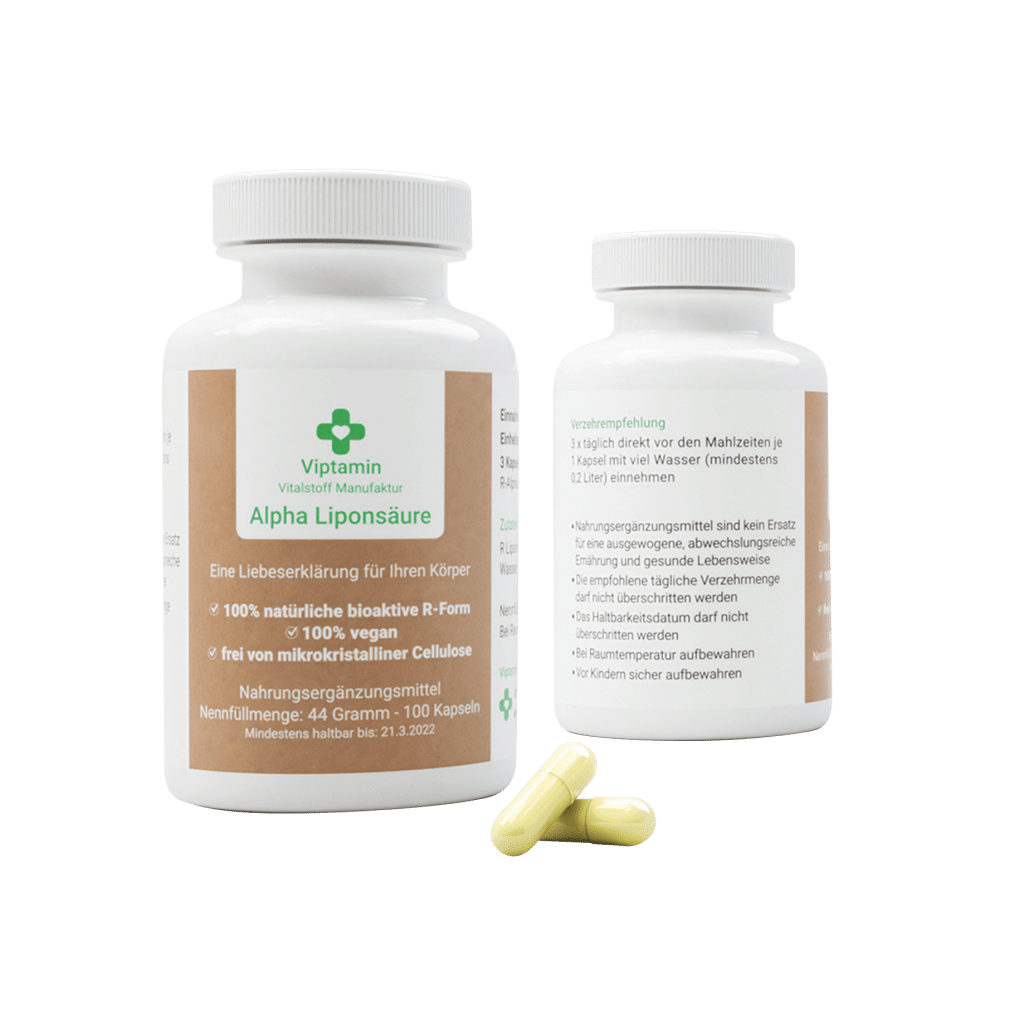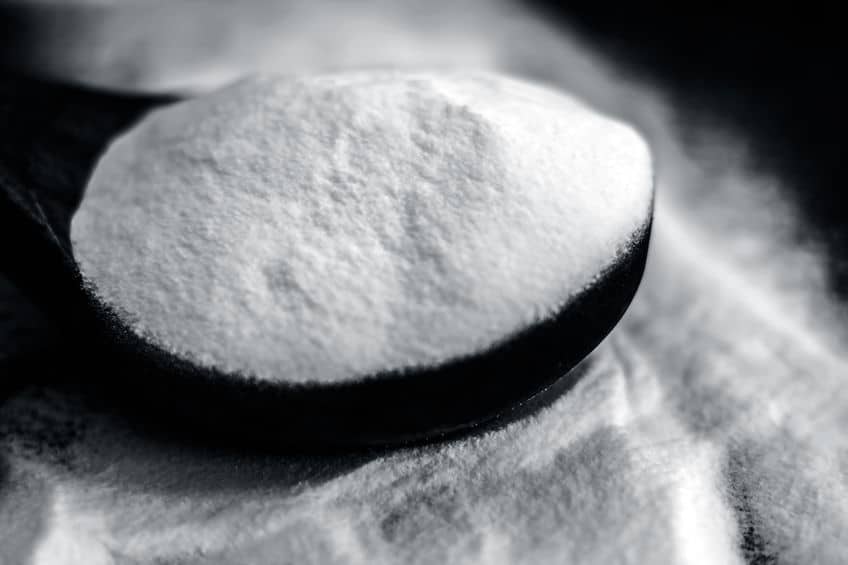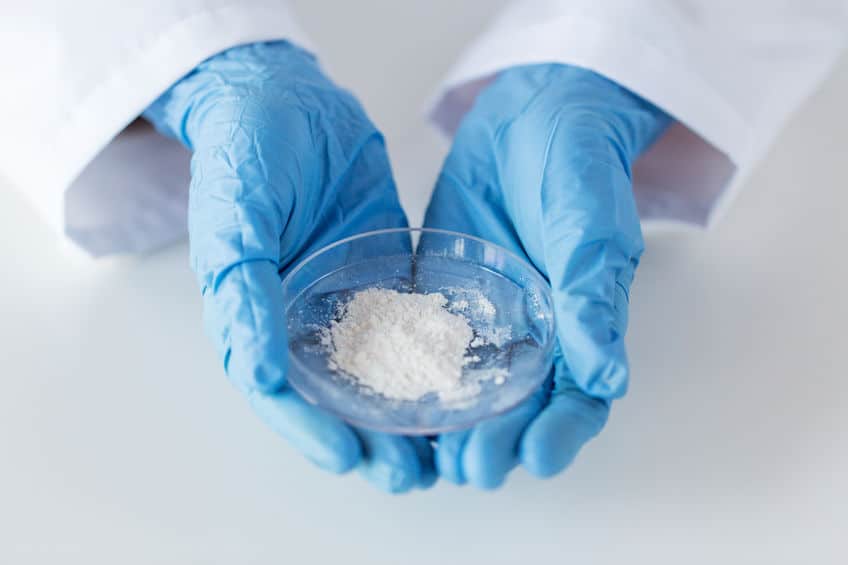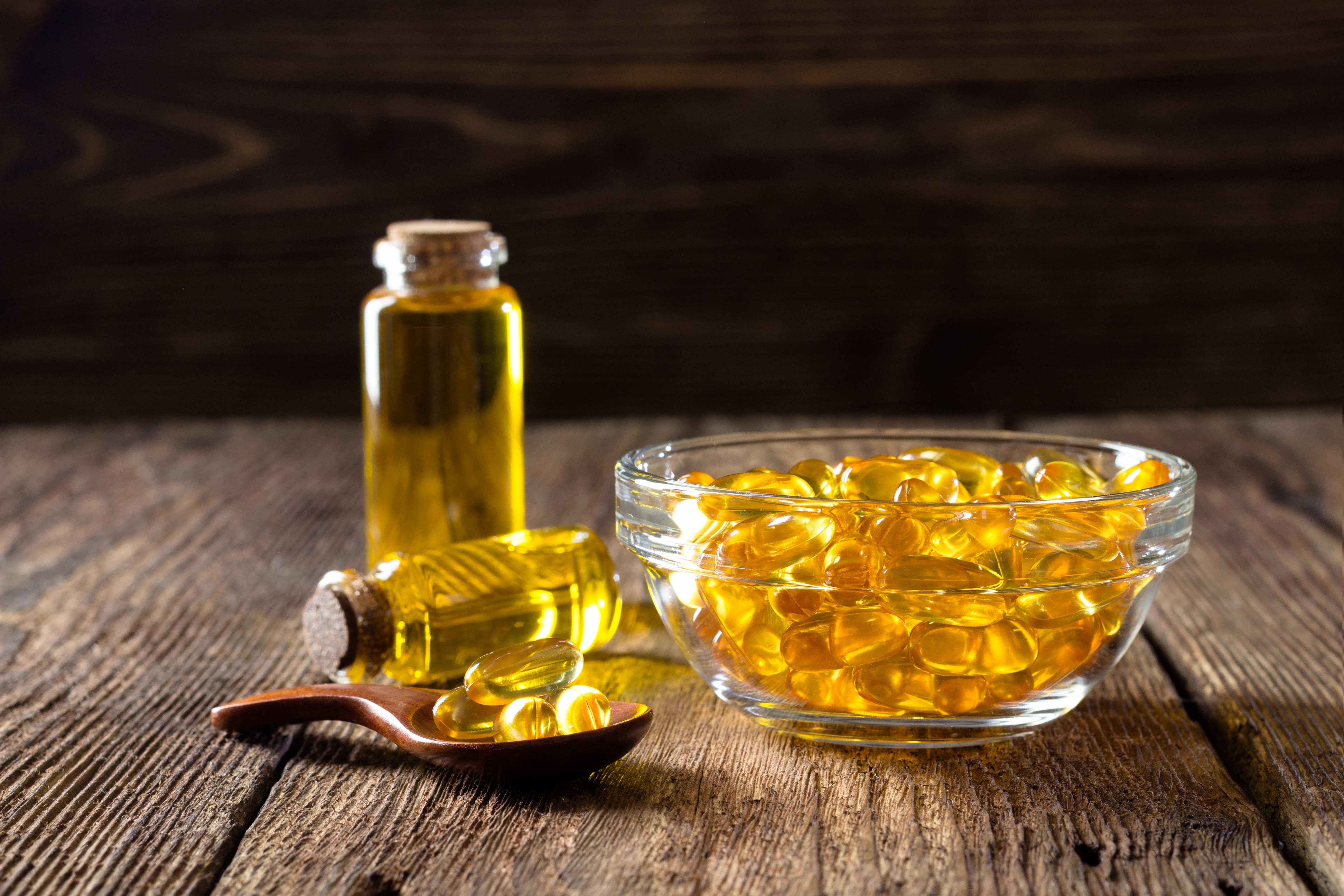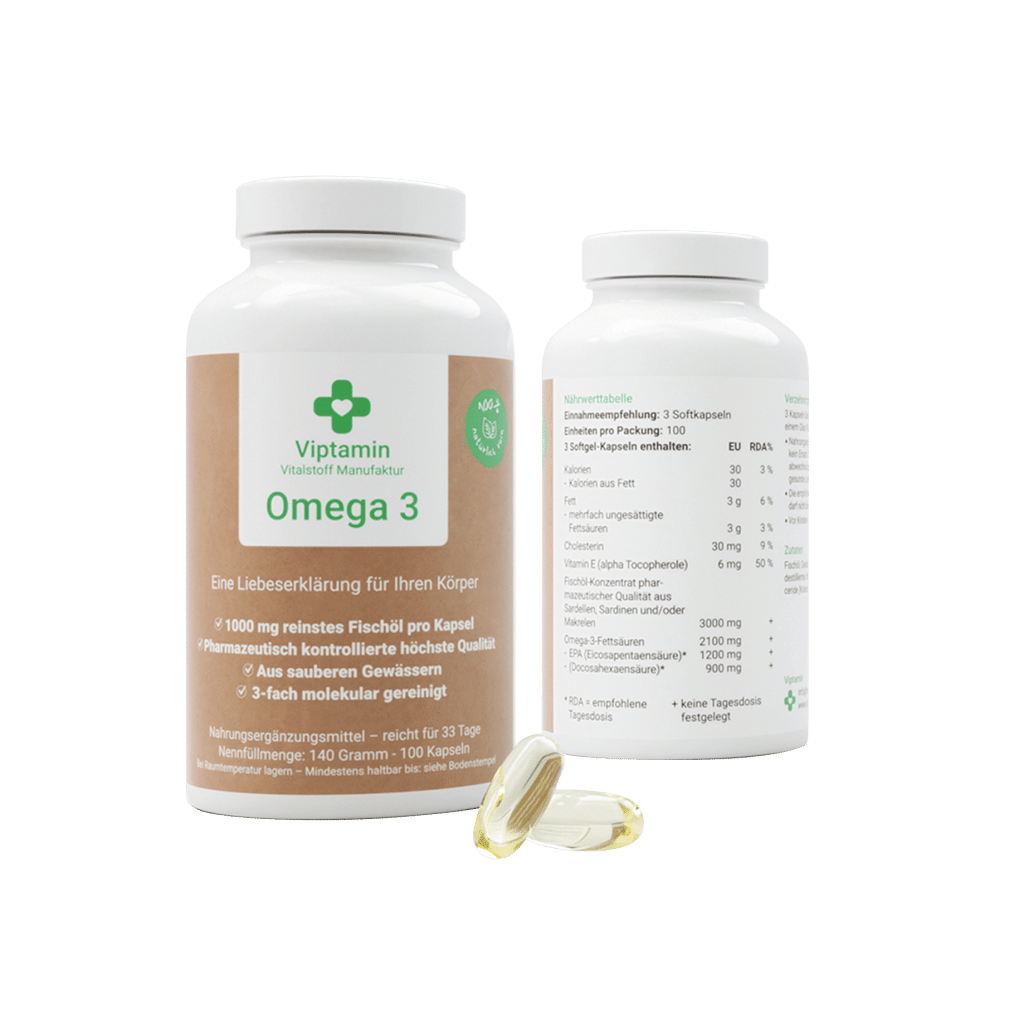Good fats, bad fats: Here is what you should look for when choosing the right cooking oil
When it comes to oil in the kitchen, we are often faced with a huge selection and often use our dangerous half-knowledge when deciding what to buy. The “right” oil depends not only on its taste and properties, but also on the quality of the individual oils. You can find out what you should look out for here.
Functions of fats in our body
First and foremost, fats are an essential source of energy for the body and a source of vitamins – but their properties as vital components of the cell membrane, i.e. the outer shell of our body cells, should not be ignored. More precisely, fatty acids provide the scaffolding around the healthy cell nucleus and thus offer important protection against external influences. They therefore not only maintain and care for our brain cells, but also prevent premature aging of our skin, for example. It is therefore all the more important that we supply our bodies with valuable and stable fatty acids to keep our cells healthy and to protect them. Conversely, if we add unhealthy fats to it, the protective function of the cells cannot take place and the risk of cell damage increases.
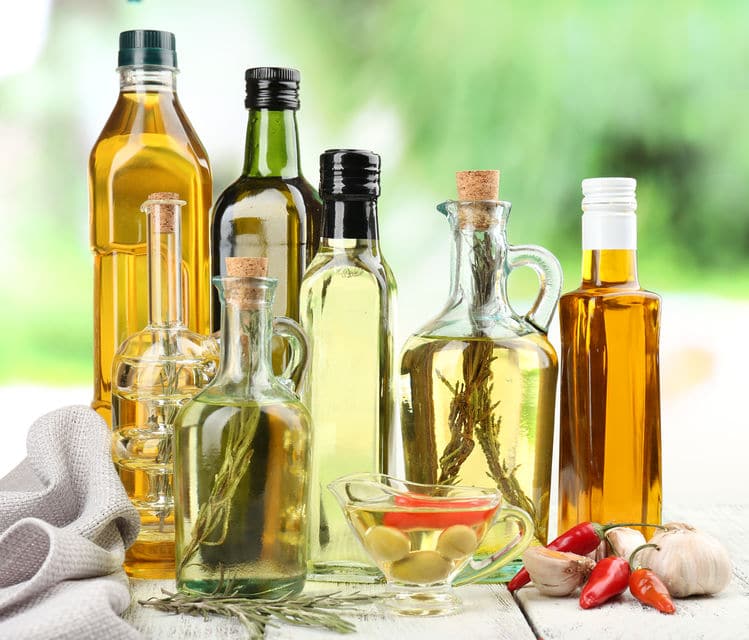
Various Fatty acid species
The different types of fatty acids can be divided into the categories “stable”, “relatively stable” and “unstable”:
- Saturated fatty acids are considered stable
(short, medium, long chain), - as relatively stable the monounsaturated fatty acids
- as unstable the polyunsaturated fatty acids
These fatty acids are the main constituents of the various edible oils, but no oil consists of only one fatty acid.
Instead, it always contains a composition of different fats. And it is precisely this mixture of fatty acids and the qualitative properties of the oil that are decisive. Because there are no fatty acids in nature that can be described as unhealthy per se. Rather, the natural ingredients of the different types of fatty acids each have their own functions in our bodies. How good an oil really is depends very much on its extraction and subsequent (industrial) processing. It is precisely this processing process that determines whether and which functions the fatty acids fulfil or whether their consumption can even cause us harm.
A look at the label worthwhile
To put it simply, the more natural an edible oil is, the better it is. However, it is difficult to recognise this as such on the supermarket shelves. This is because, in order to preserve an oil for a long time and produce as much of it as possible, a large number of varieties are heavily processed during the industrial production process. In the process, the ingredients that are valuable for the cells are destroyed. You should definitely avoid these highly processed and refined oils that are heat-pressed and quite often have chemical solvents added to them. If in doubt, read the label carefully and be sceptical of suspiciously low prices. Another important indicator is your senses. If an unpleasant smell comes to your nose when you open the bottle, it is better not to use it.
Olive oil
Undeniably, olive oil is one of the most popular oils of all. And rightly so, because olive oil is indeed one of the good and healthy cooking oils. It consists largely of monounsaturated fatty acids, which the body can process well and offers and plenty of vitamin E. Another advantage are the naturally occurring antioxidants and polyphenols, which protect the oil from becoming rancid and at the same time protect the body from free radicals. To maintain this protection, it is best not to heat olive oil, or to heat it only minimally, and always store it in dark bottles. But there are also differences in olive oil. Look for the designation “extra virgin” or “extra virgin”. This is an important seal of quality and means that the olives have been pressed mechanically and without additional heat. Price is also important. If the price is less than 10 € per bottle, this often indicates inferior quality. Cheap oils are mostly blended products from different countries, where the production process is not always traceable.
15% Saturated | 76% Monounsaturated | 8% Omega-6 | 1% Omega-3
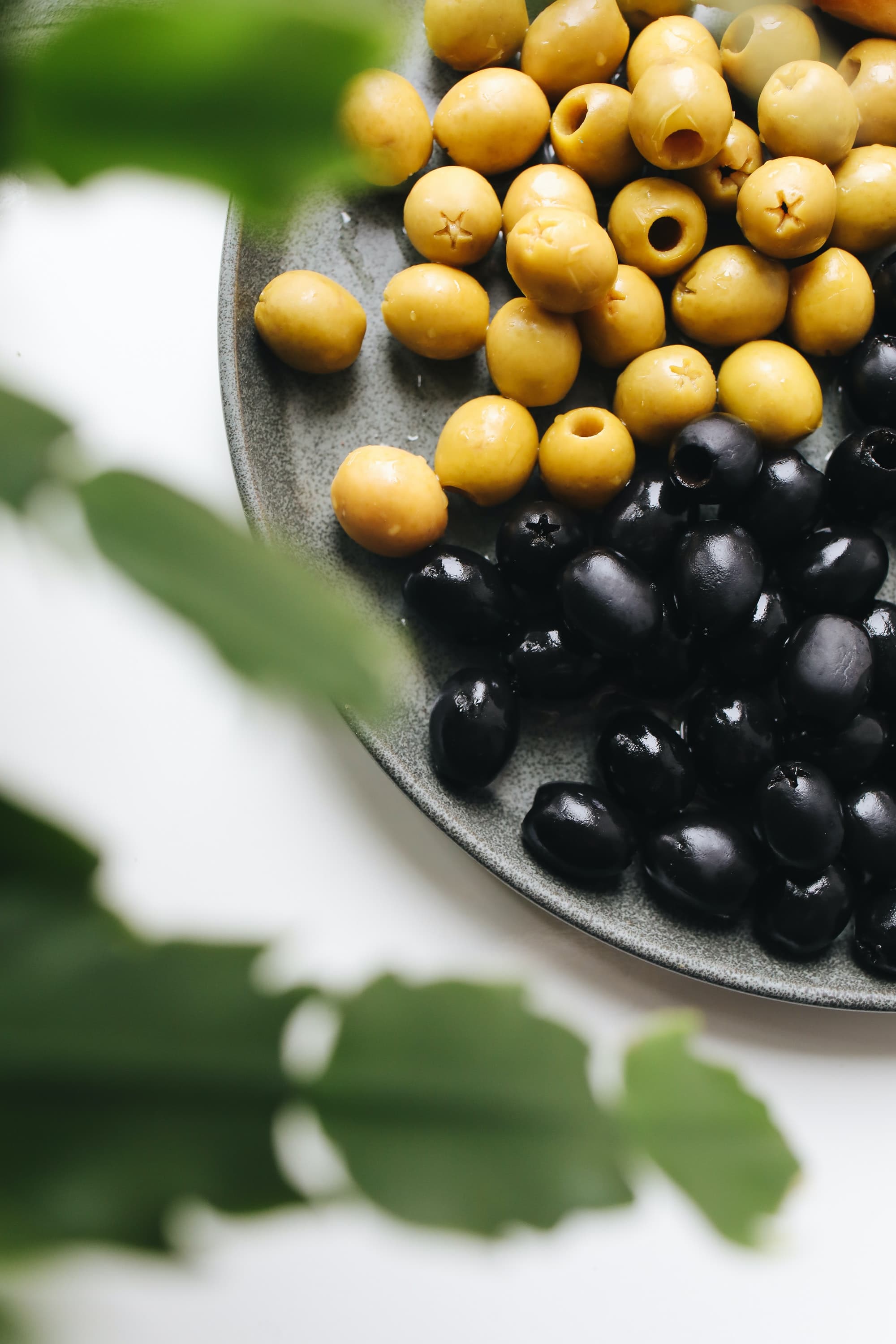

Sunflower oil
High-quality sunflower oil, which is cold-pressed, poses no problem and can be used to refine your dishes without hesitation. However, be sure to pay attention to the quality of the oil and rely on your senses here as well. On the other hand, the situation is different with conventional, cheap and highly processed sunflower oil, which we all know – you should not use this in the kitchen. The extremely high content of omega-6 fatty acids can be harmful to health and has a pro-inflammatory effect. Unfortunately, sunflower oil is still found in a whole range of processed foods – so it’s better to leave it out when preparing your food, even and especially when frying!
13% Saturated | 21% Monounsaturated | 66% Omega-6 | 0% Omega-3
Rapeseed oil
Canola oil is often cited by doctors as one of the healthiest of all cooking oils. In fact, this oil has many valuable unsaturated fatty acids and rightly enjoys the reputation of being beneficial to our cardiovascular system due to its composition. However, rapeseed oils can also differ from each other to a large extent. The cheapest and best known variety of this vegetable oil is heavily processed industrially to make it odorless and tasteless. During the manufacturing process, important secondary ingredients are destroyed. In order to additionally increase the yield during pressing, the use of solvents is also a common procedure here. In addition, to make it stable and less susceptible to oxidation, additives such as synthetic antioxidants are often added to rapeseed oil. If, on the other hand, the rapeseed oil is “virgin cold-pressed”, this means a gentle production process without the addition of heat and the absence of chemical additives. The ratio between omega-3 and omega-6 acids is also optimal. In addition, I always use Demeter-quality rapeseed oil.If you want to do yourself some extra good, give it a try.
In this respect, rapeseed oil of this quality is definitely an enrichment for the kitchen, but should always be stored in the dark and never heated to high temperatures.
7% Saturated | 61% Monounsaturated | 21% Omega-6 | 10% Omega-3


Coconut Oil & Fat
Because of the large number of saturated fatty acids, some medical experts have in the past advised against coconut fat across the board. Since then, however, many studies have proven the positive properties of coconut fat. Because of its high content of saturated fatty acids, the fat from the coconut is considered to be very stable and therefore has a long shelf life. Artificial additives or a multi-stage processing is not necessary for this, unlike many other oils. Because of its high smoke point, coconut oil is also a popular aid in the kitchen. It offers a health advantage due to its good tolerance and digestibility: it is low in histamine, gluten-free and lactose-free and is considered a good alternative for people with irritable bowel complaints. Its medium-chain fatty acids have a positive effect on our digestion and also make us feel full faster. Here, too, you should definitely place value on a quality product. Make sure your coconut fat or oil has the “extra virgin” designation on the label.
92% Saturated | 6% Monounsaturated | 2% Omega-6 | 0% Omega-3
Safflower oil
Safflower oil is usually sold as a refined cooking oil and is not recommended for food preparation. It has an unstable composition and an even higher proportion of omega-6 fatty acids than sunflower oil. With this fatty acid profile, safflower oil clearly poses a health risk – even when it has been gently cold-pressed. If it is processed industrially, chemical substances that are hazardous to health are also added to it. For this reason, the clear recommendation: Whether refined or cold-pressed – leave safflower oil on the shelf!
10% Saturated | 13% Monounsaturated | 77% Omega-6 | 0% Omega-3

Soon we will continue with the second part
If you’d like to be notified when Part 2 is released, feel free to sign up for our newsletter!
We have even more products on offer - for all those who strive for optimum health, e.g. you can buy our high-quality ubiquinol or take a look at all the products in the range.
View entire assortment

Viptamine
Purity Law

From 80 € cost
loose shipping

30 days
Right of withdrawal

100% free from
Additives

Excellent
Price-performance ratio


